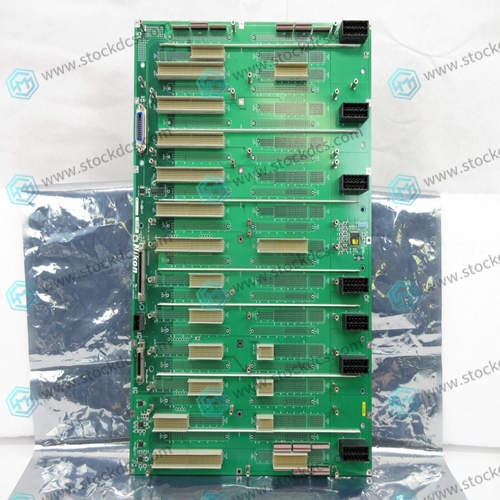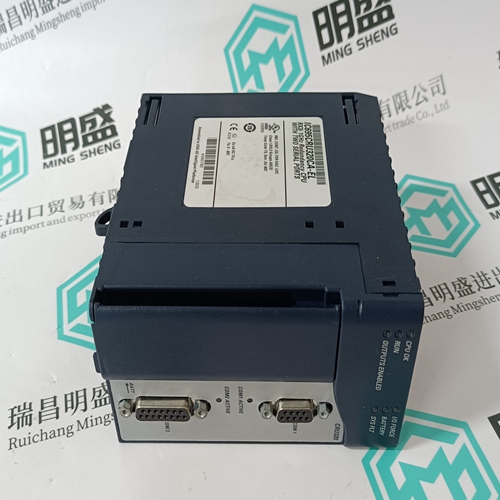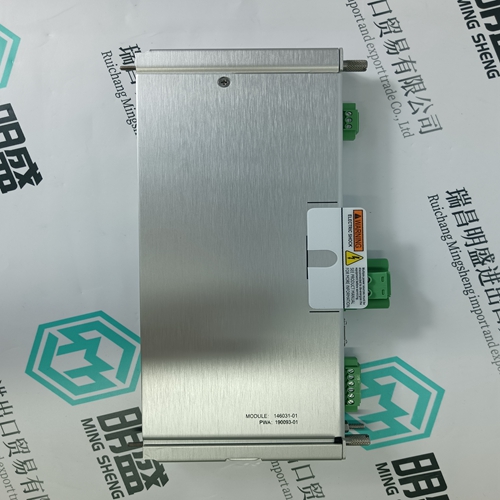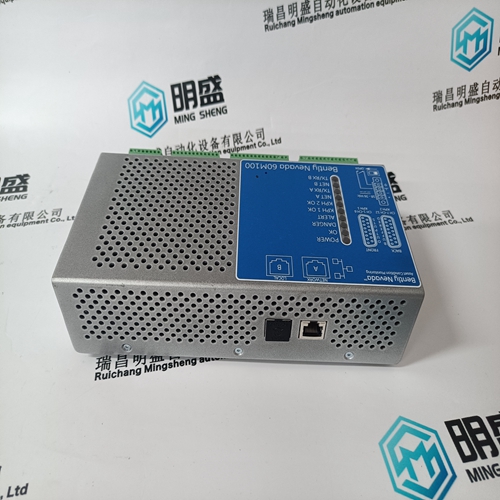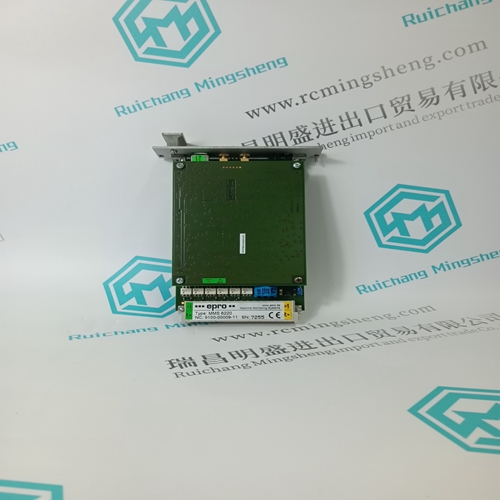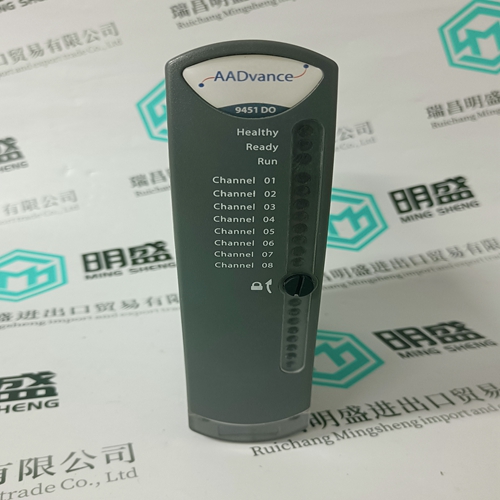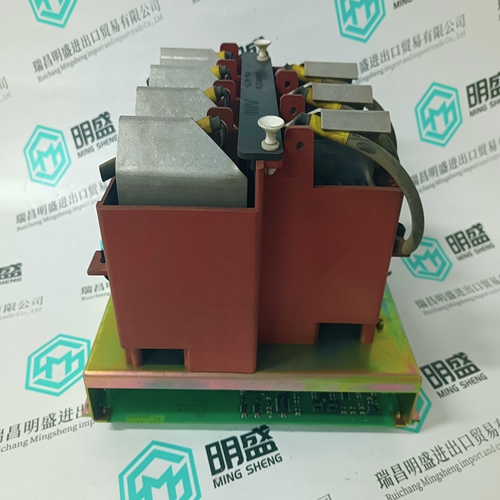Home > Product > Robot control system > Nikon 4S018-749 Automation Control Module
Nikon 4S018-749 Automation Control Module
- Goods status: new/used
- Delivery date: stock
- The quality assurance period: 365 days
- Phone/WhatsApp/WeChat:+86 15270269218
- Email:stodcdcs@gmail.com
- Tags:Nikon4S018-749Automation Control Module
- Get the latest price:Click to consult
Nikon 4S018-749 Automation Control Module
Product Details Introduction
An automation control module is a hardware or software component used in an automation system to monitor, control, and manage various processes and equipment in the automation system. The following are the main features of the automation control module:
Sensor and measurement equipment connection: Automation control modules can usually connect various sensors and measurement equipment to monitor process variables such as temperature, humidity, pressure, flow rate, position, etc.
Connection between actuators and execution equipment: These modules can also connect actuators and execution equipment, such as motors, valves, lighting, heaters, etc., to achieve remote control of the equipment.
Control logic: The automation control module contains control logic to determine the actions to be taken under specific conditions. This can be a simple on/off control or a more complex logic, such as PID (Proportional Integral Differential) control.
Real time performance: Automation control modules typically require good real-time performance to ensure timely response to changes and perform necessary control operations.
Communication interfaces: These modules typically have various communication interfaces, such as digital input/output, analog input/output, Ethernet, serial port, etc., to allow communication with other devices and systems.
Data recording and reporting: Automation control modules are typically able to record and report collected data for performance analysis, troubleshooting, and alarm purposes.
Programmability: Many automation control modules are programmable, allowing users to customize control logic to meet specific application requirements.
Remote access and monitoring: Some automation control modules support remote access and monitoring, allowing users to remotely manage and monitor automation systems through the network.
Security and fault recovery: These modules typically have built-in security features and recovery mechanisms in the event of a failure to ensure system stability and reliability.
Scalability: Automation control modules typically have a certain degree of scalability to allow for the integration of new sensors, actuators, or modules into the system.
Multipurpose: These modules can be applied to various application fields, including industrial automation, building automation, home automation, medical equipment control, etc.
Product image
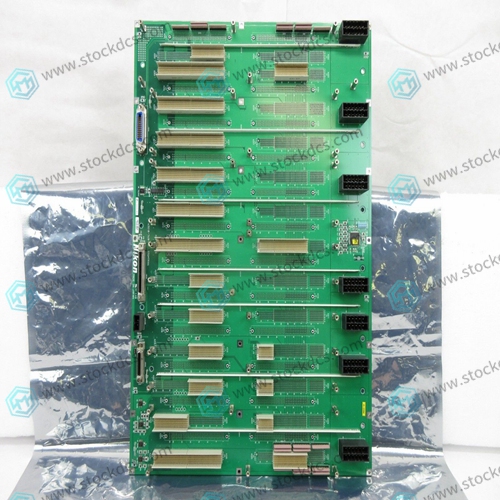
Related products:
Nikon 4S017-615 Control Pulse Module
